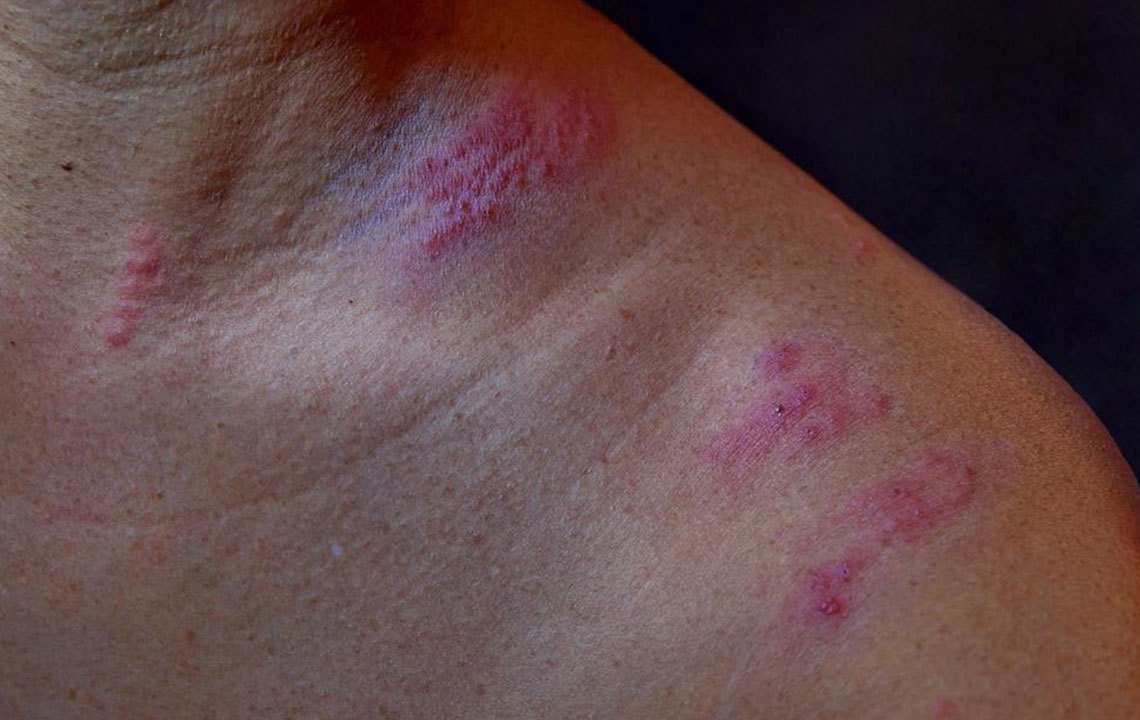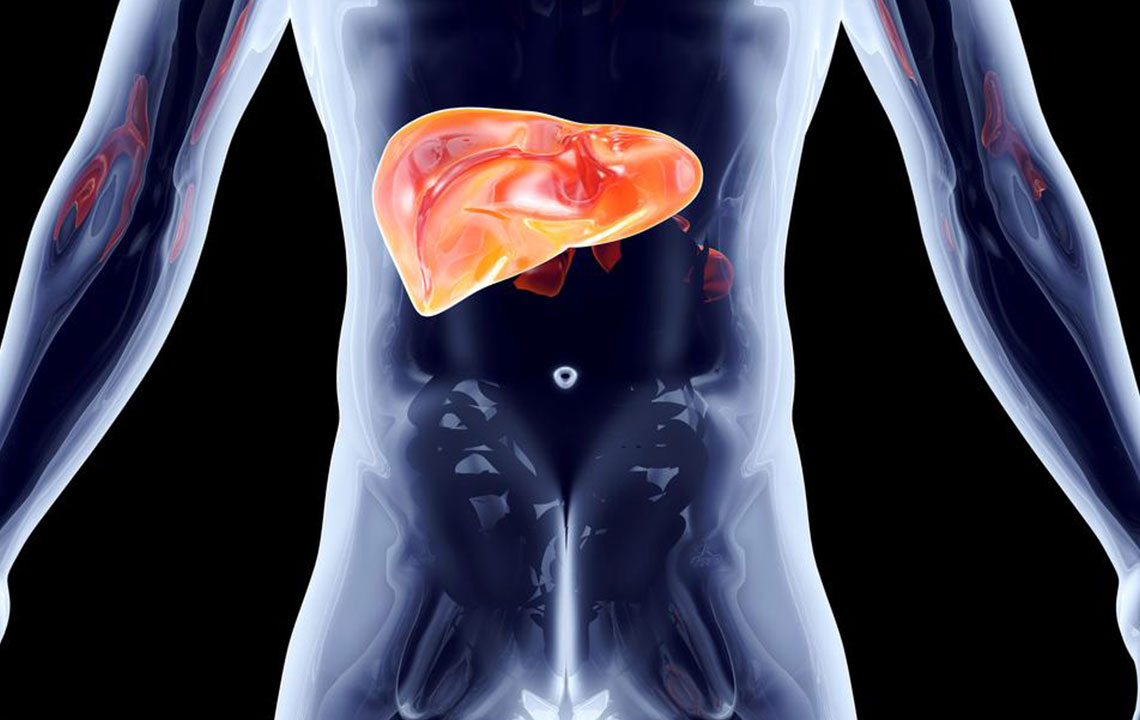Comprehensive Strategies to Protect Your Liver from Hepatitis C Damage
This article offers in-depth insights into preventing liver damage caused by Hepatitis C, emphasizing risk factors and practical prevention strategies. Discover how early intervention and safe practices can significantly reduce the risk of severe liver complications. Learn about the progression of the disease and effective ways to protect yourself from infection, ensuring better liver health and overall well-being.

Effective Methods to Prevent Liver Damage Caused by Hepatitis C Virus
The Hepatitis C virus (HCV) is a significant cause of chronic liver disease worldwide. If left unmanaged, it can lead to serious liver complications including fibrosis, cirrhosis, and even liver failure. Many individuals infected with HCV are unaware of their condition in the early stages because initial symptoms are often absent or mild. Over time, the body's immune response to fight the virus can cause collagen buildup, leading to scarring (fibrosis) in liver tissue. Understanding how to prevent liver damage from Hepatitis C is essential for maintaining liver health and overall well-being.
Understanding the progression of liver damage in Hepatitis C
As Hepatitis C progresses, the liver undergoes various stages of damage. Initially, the virus causes inflammation, which can often be silent without noticeable symptoms. However, as the infection persists, the immune system's efforts to eliminate the virus result in tissue repair mechanisms that produce scar tissue. This scarring, known as fibrosis, gradually replaces healthy liver tissue, impairing the liver’s ability to function properly. When fibrosis becomes extensive, the condition escalates to cirrhosis, characterized by severe scarring and compromised blood flow. Cirrhosis is a critical point that significantly increases the risk of liver failure and other complications.

Major risk factors for Hepatitis C transmission
Injecting drugs using contaminated needles significantly increases the risk of HCV infection and spread. Sharing needles creates a direct route for the virus to enter the bloodstream.
Receiving tattoos with unhygienic practices or reusing needles can be a source of infection, especially if proper sterilization isn't followed.
Individuals with existing HIV infection, healthcare workers exposed to blood, organ transplant recipients, and those who received blood transfusions before 1987 face elevated risks due to potential exposure to contaminated blood products.
Preventative strategies against Hepatitis C infection and liver damage
Currently, there is no vaccine available to prevent HCV infection or reverse advanced liver damage resulting from chronic infection. The cornerstone of prevention is avoiding contact with contaminated blood and bodily fluids. Implementing robust safety measures can significantly mitigate the risk of contracting or spreading the virus.
Practical prevention tips include:
Avoid sharing or reusing needles, syringes, and other drug paraphernalia. Always dispose of needles safely in approved containers.
Refrain from sharing personal grooming items such as razors, toothbrushes, nail clippers, or scissors, especially if they may have come into contact with the blood of an infected person.
Ensure healthcare providers follow strict sterilization protocols by wearing sterile gloves and equipment during examinations and procedures.
Use condoms consistently and correctly during sexual activity, particularly with new or multiple partners, to reduce transmission risk.
Verify that salons and barbershops sterilize tools like scissors, razors, and blades properly before use.
By adopting these preventive habits, individuals can effectively reduce their risk of Hepatitis C infection and avoid subsequent liver complications. If you believe you have been exposed or are at risk, consult a healthcare professional immediately. Early diagnosis and treatment with antiviral medications can significantly improve outcomes and prevent severe liver damage.
LegalNote: This comprehensive guide aims to educate and empower individuals to implement simple yet effective preventive measures against Hepatitis C and protect liver health. Regular medical check-ups and screenings are critical for early detection and management of the infection.




